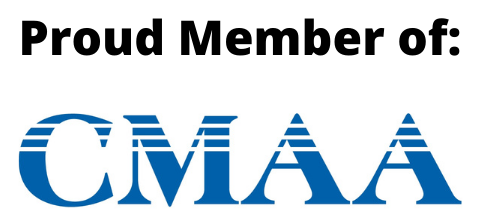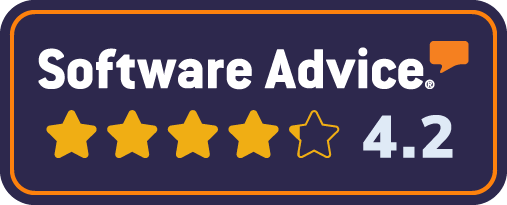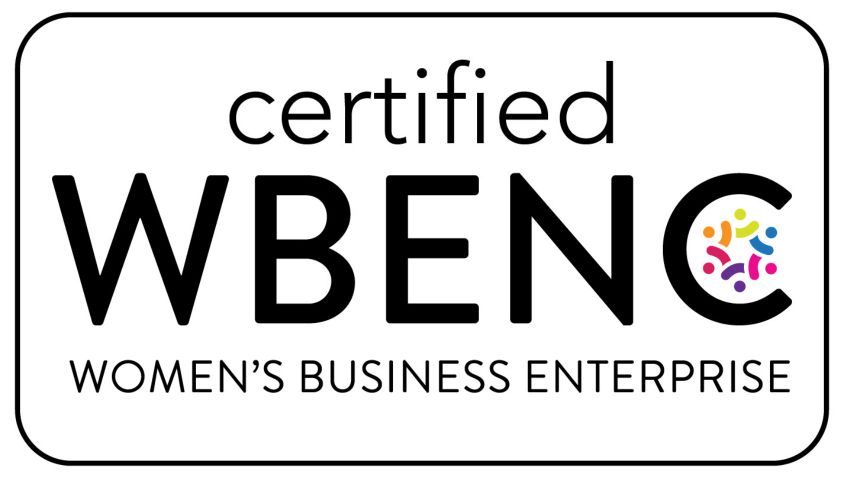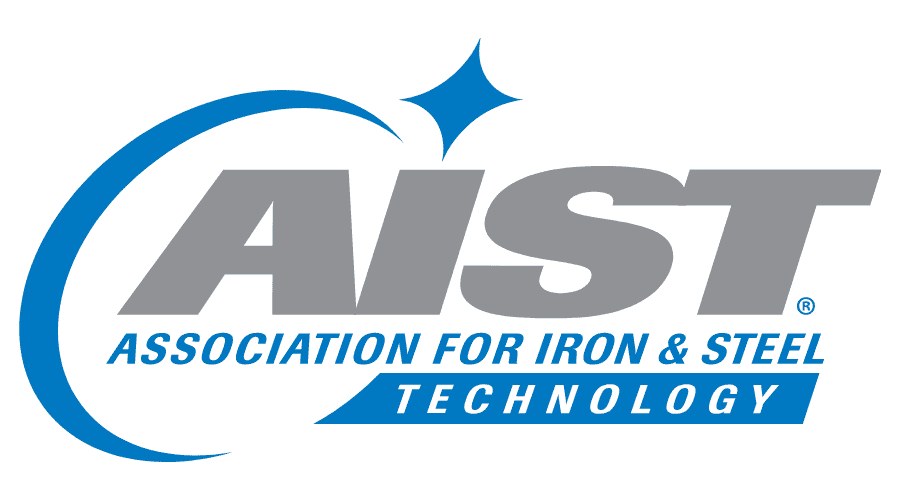Building a CM Firm of Value: 6 Questions for Paul Buckley on Growth & Acquisition in AEC
Want to boost your construction management firm's value? Paul Buckley, CCM, PE, recently sold his company to Anser Advisory--now part of Accenture. Get his insider tips!
You know construction management. But are you so busy managing projects that you haven't been able to focus energy on your own business operations and development?
Learn how to gauge - and increase - your company's worth. What really matters to investors? And what really matters to you, to your clients, and to your team?
Get the advice of a CMAA-authorized trainer who built and sold a successful CM firm. What you'll take away from his story may form your roadmap.
Table of Contents
- What’s your background?
- What are the keys to building value?
- What makes a company attractive to investors?
- What was important to you as you were evaluating offers?
- Why did you decide to sell your company to Anser Advisory—which is now part of Accenture?
- What advice would you give a person who’s considering starting their own firm or navigating the waters of acquisition?
- Sit In On a Candid Conversation with Paul
1. What's your background?
I studied civil engineering, so I always wanted to do engineering and construction management. But then I started my own business, Simplus Management, so I now had to gain expertise in marketing; I had to learn about insurance, etc. Running a business requires a whole new skill set and knowledge base.
2. What are the keys to building value?
Honesty and integrity. I mean that's the first thing. If people don't trust you or believe in you, it's not going to last. People will give you work if you treat them right, though. They'll find a way to give you work.
Building value is about so much more than money.
If you run your business correctly, the money will follow everything. You don't build value by focusing on the dollars. You build value by focusing on quality and treating people correctly. So the companies that focus on the dollars first and foremost, will fail.
3. What makes a company attractive to investors?
Future value is based on historic growth, and they’re looking for quality.
You want to build an asset that shows a consistent growth trend over many, many years; that has a good reputation; a good, consistent client base; a good management structure; and good employees who are following a set of processes and procedures. Buyers know that all of those factors will allow the business to stay strong while you walk away. Everything won’t fall apart.
They want to see firms that have been in business for five, ten, 20 years. That demonstrates consistency. It also shows that you have diversification in the number and types of clients you have. They want to see that your clients have given you repeat work. That shows your quality of product and service. If you have clients who are continually coming back to you, that means they're liking the way you do business. That's very important.
One of the other things that adds value is if you are the sole owner, or if there are just a few owners. The more owners there are in a small firm, the more complicated a deal becomes.
4. What was important to you as you were evaluating offers?
Finding a partner with more horsepower but with the same or similar vision.
It was very important to me to protect everything I had spent the last 20-some years building. I had a responsibility not just to my clients but to my employees too, to make sure that I wasn't just throwing them out the door. Everything I’d built was going to continue to thrive. I was leaving it, and them, in good hands.
Also, a buyer is looking to acquire you for a reason. Have those discussions and try to understand why a potential buyer is interested in your company. Are they looking to move into your geographic area and expand their footprint? Are they looking to acquire you because your company’s staff and expertise would be synergistic and complementary to other services they offer? Or, there are companies out there who, instead of organically growing, have decided to grow just by acquisition.
5. Why did you decide to sell your company to Anser Advisory—which is now part of Accenture?
In the past, I was offered the typical deal, the earnout, where the buyer pays you an initial portion of the sales price and then you earn the balance based on the continued growth of the business. I realized that I’d be putting my future value at risk while signing away control of my company. And I wasn't willing to do that, so I walked away from several deals.
Anser was the one that offered me 90% cash and 10% equity.
I wanted to keep a stake in the company, going forward. I wanted to have a second bite at the apple. That was the importance of finding the right acquisition partner.
Most companies would like the CEO, or the key people within the management team, to stick around for a certain period of time—one, two, five years. Some said, ‘Hey, Paul, we need you to stay around for at least two years.’ I said, for me personally, I would stick around for four. It was my decision.
I wanted to help grow something else as well. I wasn't ready to retire. One thing that added value on my side is that I was going to stay longer. They knew that once they acquired me, my clients were going to know that I was still around. My employees knew that I was still going to be around. All of that presented less risk when Anser acquired Simplus.
6. What advice would you give a person who’s considering starting their own firm or navigating the waters of acquisition?
Educate yourself beyond your technical expertise, and understand the business implications of your decisions. That will help you make better decisions and form better strategies. Be well-rounded and informed.
Forget the business for a minute.
Throw all that aside and ask yourself—if somebody walked up to me with unlimited funds, what number would I absolutely say yes to, and why? Now, if you determine that you need to walk away with, say, $5M, then you need to sell your business for $10M to allow for paying your legal expenses and your broker and your taxes.
Figure out what you want, what they want, and what will work for you, your staff and your clients. That’s the deal to make.
7. Sit In On a Candid Conversation with Paul
In a 2024 VPO Webinar, Paul not only provided a roadmap for growth and success in AEC, but also served as a reminder of the resilience, adaptability, and continuous learning required to thrive. As Buckley moves toward retirement, his legacy and insights continue to inspire and guide future generations of engineers and entrepreneurs.
We invite you to watch the Webinar’s recording, and sit in on a candid conversation with Paul Buckley about his experience.







